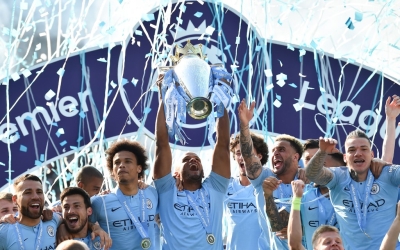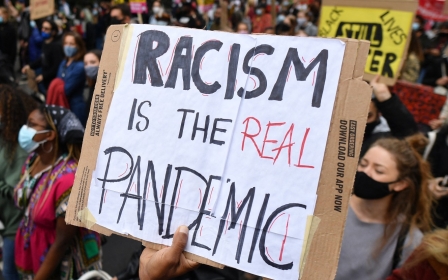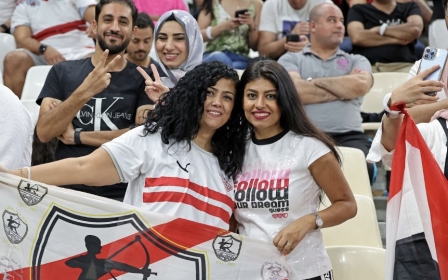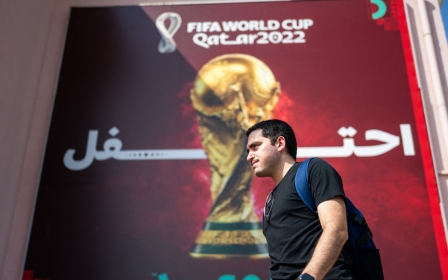How Man City has turned the Premier League into a drab foregone conclusion
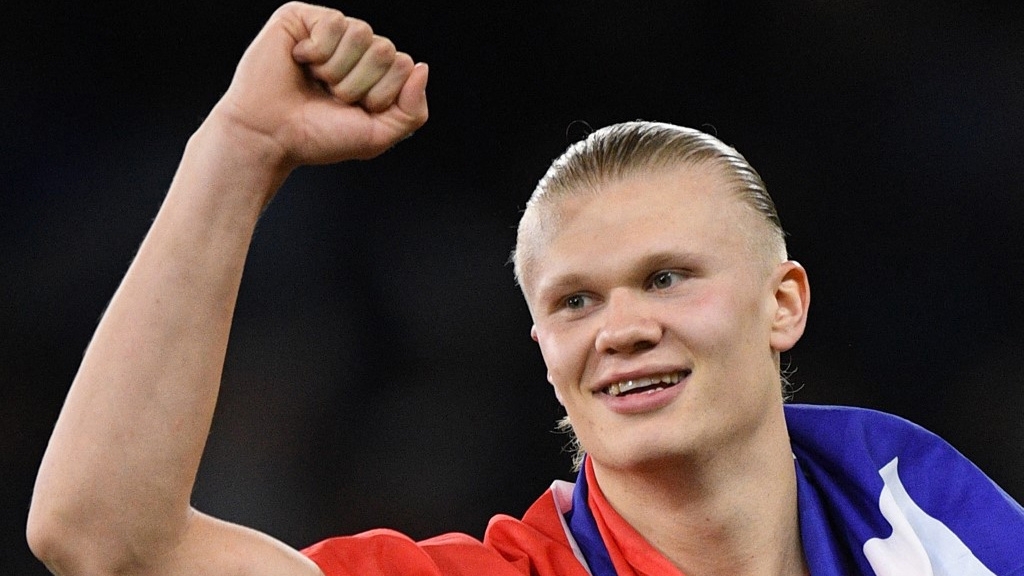
Manchester City this weekend sealed another English Premier League title for the club, their fifth in six seasons and third in succession.
There is much to admire about this team, from the technical elegance of players such as Kevin De Bruyne and Ilkay Gundogan, to their powerful Norwegian striker, Erling Haaland.
With this latest victory, Man City’s manager, Pep Guardiola, has further cemented his reputation as the most successful foreign coach to manage in the Premier League, with five titles to his name.
Guardiola may yet enhance his legacy further by adding another two trophies to Man City’s haul for the season, which would complete a remarkable treble. A final on 3 June with neighbours Manchester United in the FA Cup awaits, and Inter Milan stand in the way of Man City’s much-coveted first European honour in their history in the Champions League final on 10 June.
Yet, there is something about Man City that should concern sports fans everywhere - and it’s a conversation that often gets drowned out by tedious arguments from tribal supporters who are missing the bigger picture.
New MEE newsletter: Jerusalem Dispatch
Sign up to get the latest insights and analysis on Israel-Palestine, alongside Turkey Unpacked and other MEE newsletters
In 2008, the former prime minister of Thailand, Thaksin Shinawatra, sold Man City for around £210m ($260m) to Sheikh Mansour bin Zayed, a member of the Abu Dhabi royal family. Officials in the UAE have maintained that this was a private investment unconnected to state resources.
This past February, the Premier League charged Man City with breaching financial rules dozens of times between 2009 and 2018. The club maintains it acted in accordance with the rules, and the results of an independent probe remain outstanding.
Financial fair play (FFP) rules are designed to ensure clubs mostly spend what they earn, with a cap on allowable losses within a financial year. Circumventing these rules by inflating how much a club is earning or concealing how much is being spent are serious offences.
Sponsorship deals
In 2018, material from the Football Leaks - one of the largest leaks in sporting history, involving more than 18 million documents - was published by the German media outlet Der Spiegel. The leaks suggested that Man City had inflated sponsorship deals and used “creative solutions” to circumvent FFP rules. At the time, a club spokesperson said the allegations represented an “organised and clear” attempt to damage its reputation.
Such allegations were not new. A separate investigation found that Man City had made inadmissible submissions to football’s European governing body, Uefa, in 2012 and 2013 in relation to £118.75m ($148m) in sponsorship deals from Abu Dhabi-based companies.
The sponsorship deals from Abu Dhabi, the home state of the club’s owner, are a bitterly contested issue. Internal Man City emails that were part of the Football Leaks investigation in 2018 suggested that Sheikh Mansour was largely funding the club’s Etihad sponsorship deal himself, unknown to Uefa. Man City has vehemently denied the allegations.
While the club keeps winning, it's hard not to think that we are all losing in some way
Another allegation that emerged from the Football Leaks concerned payment arrangements for former Man City manager Roberto Mancini. According to Der Spiegel, Mancini was offered two separate contracts that would help the club get around Uefa’s FFP regulations: a £1.45m ($1.8m) annual salary with Man City when he joined in 2009, plus bonuses and incentives, and an alleged secondary salary worth £1.75m ($2.2m) with Al Jazira, an Emirati club also owned by Sheikh Mansour. Mancini told reporters this past March that he had not been contacted about the FFP case, adding: “I have paid my taxes, it’s all above board.”
The charges brought by the Premier League this year bear striking similarities to these allegations; for example, Man City have been accused of failing to give “a true and fair view of the club’s financial position” and failing to “include full details” of player and manager remuneration.
The Premier League has tasked an independent commission with considering the charges. In response, Man City, which has long denied any wrongdoing, issued a statement noting: “The club welcomes the review of this matter by an independent commission, to impartially consider the comprehensive body of irrefutable evidence that exists in support of its position.”
Political capital
Setting aside the questions over accounting, Man City spent more than £1.5bn ($1.9bn) on new players between 2009 and 2019 - more than any other club globally. This has lifted Man City from mediocrity to arguably the best club in the world.
The human rights group FairSquare has called state ownership “the greatest threat to the sustainability, integrity, and vitality of football in England and beyond”, urging the UK government to “protect” clubs and the game with rules that “dissuade states or their proxies from even attempting to take ownership of clubs”.
It is worth reflecting on why the UK government has tacitly welcomed state ownership of these football clubs. Attracting major investment into a historically deprived area is a significant benefit. Manchester in particular is key to the government’s aspirations to create a “Northern Powerhouse” by spreading financial resources more evenly and outside of London.
For the UAE, the political capital and soft-power benefits are significant. Basking in the reflected glow of Man City’s sporting success helps to promote the Emirates as an open and tolerant destination of choice for business and travel.
Yet, the scale of Man City’s dominance of English football, and the reasons behind it, are unprecedented. It would be naive to claim that English football was ever a level playing field; clubs with better resources have always skewed the odds in their favour. But never like this.
It’s one thing to build on historic successes and cultural heritage to create a brand that increases commercial revenue, which can then be reinvested into better players. It is an entirely different matter when the seemingly endless resources of a wealthy state are involved.
The Premier League is the most-viewed football league in the world. It is an enticing proposition for broadcasters and fans globally because of the fierce competition and rivalries between teams, which create compelling narratives that even the best Hollywood scriptwriters can only aspire to produce.
But the stale dominance of Man City, tainted by allegations of financial impropriety, is fast turning the sporting spectacle into a drab foregone conclusion. While the club keeps winning, it’s hard not to think that we are all losing in some way.
The views expressed in this article belong to the author and do not necessarily reflect the editorial policy of Middle East Eye.
Middle East Eye delivers independent and unrivalled coverage and analysis of the Middle East, North Africa and beyond. To learn more about republishing this content and the associated fees, please fill out this form. More about MEE can be found here.


